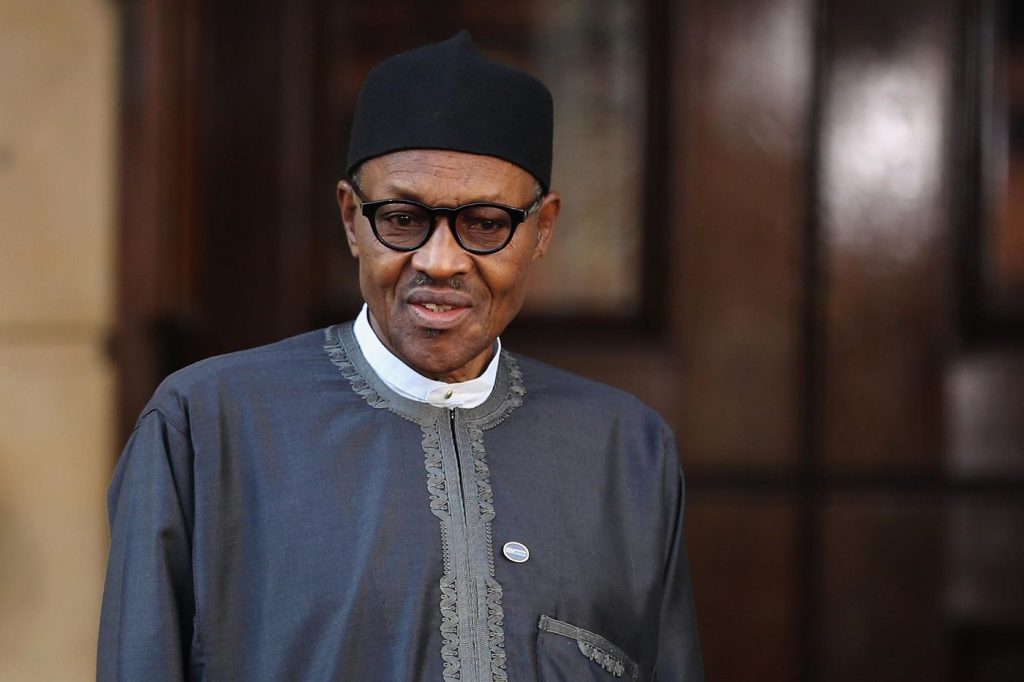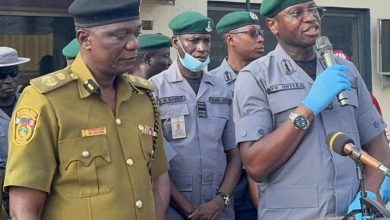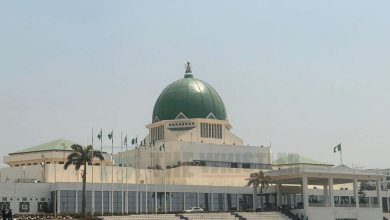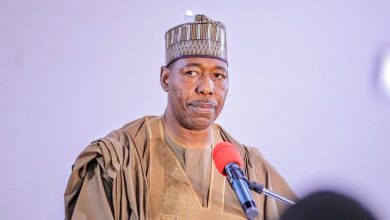New Report Reveals Buhari Died After Long Battle with Leukemia
Fresh reports reveal leukemia as the cause of former President Buhari’s death after a long illness.
Sources say he had been receiving treatment in London for several years before passing.
Fresh revelations have shed light on the cause of death of Nigeria’s former president, Muhammadu Buhari, who passed away early Sunday in London.

Multiple close sources have confirmed that the 81-year-old former leader died after a long struggle with leukemia, a form of blood cancer. While the presidency has yet to issue an official statement about the exact cause of death, individuals close to the family say Buhari had been undergoing treatment for the illness at a well-known London hospital for several years.
According to insiders, his condition became critical in recent months. “It is true that Baba (Buhari) has been ill for a long time, and it became particularly severe in recent weeks. Leukemia is what finally took him,” one source revealed.
Buhari’s frequent medical trips abroad were widely debated during his presidency, often drawing criticism over the lack of transparency regarding his health and the significant public funds reportedly spent on his care. Human rights campaigner and former presidential candidate, Omoyele Sowore, recently claimed that Buhari’s treatment in London was costing the Nigerian government as much as £3,000 per night a report that has reignited public anger and calls for healthcare reform.
Leukemia, the illness Buhari reportedly succumbed to, affects the body’s blood-forming tissues, including the bone marrow and lymphatic system. The disease can be life-threatening and typically requires intensive treatment like chemotherapy, radiation, or even bone marrow transplants. Such treatment options are often limited or unavailable in Nigeria’s struggling healthcare system, which many believe prompted Buhari’s continuous treatment overseas.
Born on December 17, 1942, in Daura, Katsina State, Muhammadu Buhari first came to power as Nigeria’s military head of state from 1983 to 1985. He later returned as a civilian president in 2015 and completed two terms, leaving office in 2023.
As condolences flood in from political figures, foreign governments, and citizens across the country, many Nigerians are once again demanding more openness about the health of their leaders an issue that has plagued the country’s democracy for decades.
President Bola Ahmed Tinubu is expected to make a national broadcast in the coming hours. He has reportedly spoken with the former First Lady, Aisha Buhari, and instructed that plans for a state burial be put in motion.



